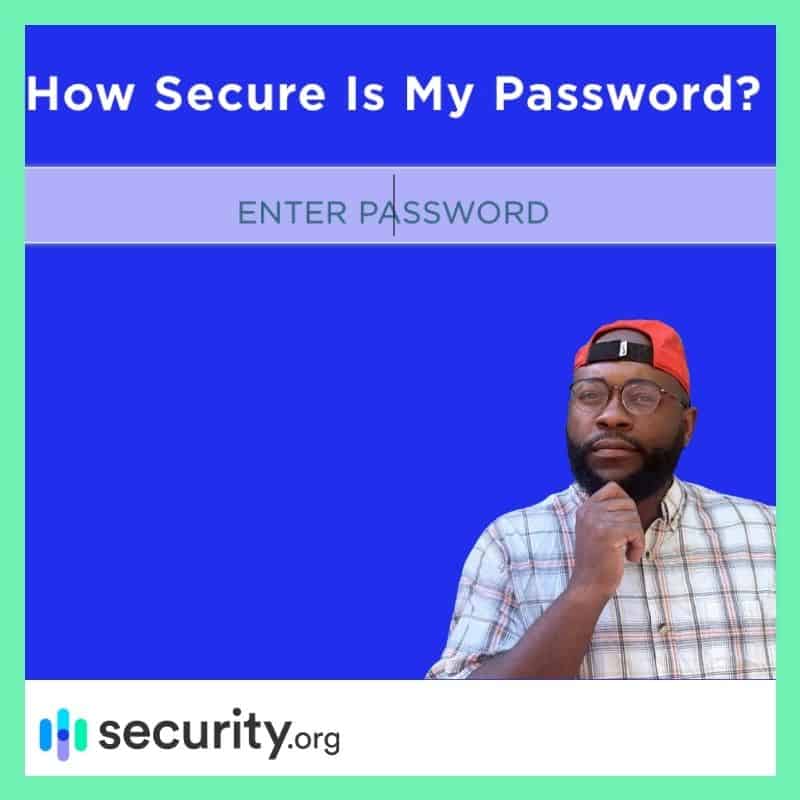It has been many years...
The following story is all alleged. It examines a history of what might have been and in no way confirms guilt for any party. It is for amusement purposes only.
A long time ago, IT was less sophisticated than it is today. You could scan the public IPv4 addresses and find printers exposed to the public.
Certain printers, like HP printers, had an easy-to-manipulate firmware - not signed or anything like that.
So, first, you could print remotely to these printers without much effort. That was fun - but not the most fun you could possibly have.
See, they often left the default login credentials. They'd never change those credentials.
Remember the HP from above?
Well, those often had a display. We're talking professional printers here and there was a display on them.
Remember the unsigned firmware? Well, it could be read and edited in plain text.
If you were even a little clever, you could log in and upload new firmware of your own design.
So, you could lock the printer and write a message on the screen that said something like, "Insert 25¢ To Continue".
Locking the printer was frowned upon, but funny messages were just funny. They could still use the printer unless you mangled the firmware you uploaded. Admins could easily restore the hardware.
You could print to the printers, leaving funny messages that helpfully instructed admins on how to fix their network so that the printer was no longer available on the public internet.
Of course, I admit to nothing...
Allegedly...
The Internet was a lot of fun back then. It was a bit like the wild west. The odds of getting in trouble were really low and, in some cases, they hadn't even created laws that would cover your actions.
I'd definitely not suggest doing this today. If you find a printer online, just smile and move on. You can maybe send 'em a single page of text telling them that their printer is online and that they should probably fix that - but even that is risky behavior these days.
 linux-tips.us
linux-tips.us



